
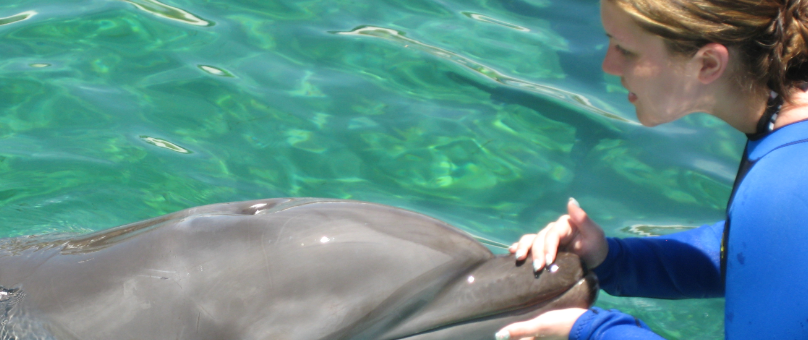
May 10, 2025 By John McNamara
Marine mammal caretakers play a vital role in the care, health, and well-being of dolphins, seals, sea lions, whales, and other marine mammals. These professionals work in marine parks, aquariums, rehabilitation centers, and research facilities, ensuring that the animals they care for are healthy, happy, and mentally stimulated. While the job may sound glamorous—working with intelligent and playful creatures—it is also physically demanding, requires deep dedication, and involves a variety of daily tasks.
This blog post will explore the daily responsibilities of marine mammal caretakers, from feeding and health monitoring to animal enrichment and public education. We’ll delve into what a typical day looks like and what it takes to succeed in this rewarding career.
A marine mammal caretaker’s day typically begins early in the morning with a comprehensive health assessment of each animal in their care. This is one of the most important parts of the job, as early detection of any health or behavioral issues can make a significant difference in the animals’ well-being.
Caretakers start by checking on each animal individually, observing their behavior and physical condition. They look for signs of illness or injury, such as changes in appetite, lethargy, abnormal behavior, or physical wounds. If any concerns are noted, the caretaker will report the issue to the facility’s veterinarian for further evaluation.
These morning checks also involve recording vital data such as weight, temperature, and breathing rates. This information is crucial for tracking each animal’s health and ensuring that they remain in good condition. Marine mammals, especially those in rehabilitation or recovering from injuries, require consistent monitoring to ensure their well-being.
Feeding marine mammals is another essential task that occupies a significant portion of a caretaker’s day. Marine mammals require specific diets based on their species, age, and health conditions. For example, dolphins typically consume a diet of fish, while seals and sea lions may eat a combination of fish, squid, and crustaceans.
Before feeding, caretakers prepare the animals’ meals, which involves weighing, sorting, and sometimes supplementing food with vitamins or medications as prescribed by the veterinarian. The food preparation process is highly regulated to ensure that each animal receives the correct amount of nutrients. Overfeeding or underfeeding can lead to health problems, so precision is critical.
The feeding process also serves as an opportunity for caretakers to observe the animals more closely. Marine mammals often exhibit specific behaviors during feeding, and caretakers can assess whether an animal is eating normally or showing signs of disinterest, which could indicate stress or illness.
Additionally, feeding times often double as training sessions. Caretakers use these moments to reinforce behaviors through positive reinforcement techniques, offering food rewards when animals perform tasks such as responding to cues, participating in medical exams, or engaging in enrichment activities.
Training and enrichment are central components of a marine mammal caretaker’s job. Training sessions are designed to teach animals specific behaviors that aid in their care, such as allowing veterinarians to examine them or moving to different areas of their enclosure. Caretakers use positive reinforcement techniques to encourage animals to participate voluntarily in their own care.
For example, dolphins might be trained to present their tails or flippers for medical exams or to enter transport crates calmly. Training also helps animals stay mentally and physically active, preventing boredom and promoting overall health.
**Enrichment** is equally important for the animals’ well-being. Marine mammals are highly intelligent, and they need mental stimulation to stay engaged. Enrichment activities are designed to mimic behaviors that marine mammals would naturally engage in, such as hunting, exploring, and socializing. Examples of enrichment include:
– Floating objects or toys for dolphins to interact with.
– Puzzle feeders for seals or sea lions that require problem-solving to access their food.
– Introducing new scents, sounds, or visual stimuli into the environment.
These activities help prevent boredom and stress, promote natural behaviors, and contribute to the animals’ mental and emotional health.
One of the less glamorous but equally critical parts of a marine mammal caretaker’s day is cleaning and maintaining the animals’ habitats. Clean environments are essential to preventing the spread of disease and ensuring the animals’ comfort and well-being.
Marine mammal caretakers spend a significant amount of time cleaning enclosures, tanks, and pools. This includes scrubbing surfaces, removing waste, and ensuring that water quality is optimal for the animals. For aquatic animals, maintaining water cleanliness is especially important. Caretakers monitor the salinity, temperature, and pH levels of the water to ensure that it is safe and healthy for the animals to swim in.
Habitat maintenance also involves inspecting enclosures for any potential hazards, such as loose equipment or broken barriers, which could pose a danger to the animals. Caretakers must ensure that all habitats are secure and stimulating, providing enough space and variety for the animals to engage in natural behaviors.
While veterinarians handle the majority of medical procedures, marine mammal caretakers are often responsible for assisting with routine health checks, administering medication, and aiding in rehabilitation efforts.
Caretakers are trained to perform basic medical tasks, such as administering medication through food, cleaning wounds, or applying ointments. They also assist with more complex procedures by helping to restrain animals during medical exams or dental checkups. In some cases, caretakers are responsible for monitoring animals recovering from illness or surgery, providing round-the-clock care to ensure they heal properly.
In rehabilitation centers, caretakers may work with injured or stranded marine mammals that have been rescued from the wild. These animals often require extensive medical care, specialized diets, and rehabilitation exercises to prepare them for release back into their natural habitats. Caretakers in these settings must have a deep understanding of the animals’ natural behaviors and ensure that they receive proper physical conditioning before returning to the wild.
Keeping detailed records is a crucial aspect of a marine mammal caretaker’s role. Every action taken—from feeding schedules and training progress to health assessments and behavioral observations—needs to be documented accurately.
Record-keeping serves multiple purposes. It allows caretakers to track the health and development of the animals over time, ensuring that any changes in behavior or physical condition are noted and addressed promptly. It also helps veterinarians and researchers understand the long-term health patterns of the animals and can be used for scientific studies or to improve care protocols.
Documentation is especially important in rehabilitation centers, where the goal is often to release animals back into the wild. Detailed records allow caretakers to monitor the rehabilitation progress of injured or sick animals, ensuring they are fit for release.
Marine mammal caretakers also play a key role in educating the public about marine conservation and animal welfare. In facilities open to visitors, such as marine parks and aquariums, caretakers often lead educational presentations or demonstrations that showcase the animals’ abilities and explain the importance of protecting marine ecosystems.
These educational programs help raise awareness about the challenges marine mammals face in the wild, such as habitat destruction, pollution, and overfishing. By engaging with the public, caretakers inspire people to take action in conserving marine environments and support efforts to protect marine life.
Interacting with the public also helps create a connection between people and marine mammals, fostering a greater appreciation for these animals and the work that goes into caring for them. Caretakers often serve as ambassadors for the animals, sharing their knowledge and passion to promote conservation and ethical treatment of marine species.
Marine mammal caretakers rarely work alone. Caring for these complex animals requires a collaborative approach that involves veterinarians, researchers, aquarists, and other animal care professionals. Effective communication is essential to ensure that everyone is on the same page when it comes to the health and well-being of the animals.
Caretakers regularly meet with their teams to discuss animal health, behavior, training progress, and any issues that need to be addressed. This teamwork ensures that every aspect of the animals’ care is covered, from medical needs to enrichment activities. Strong communication also helps ensure that caretakers can provide the best care possible, as they rely on input and expertise from other team members to address the needs of each individual animal.
Marine mammal caretakers have one of the most rewarding yet demanding jobs in the animal care industry. The daily responsibilities range from feeding and health assessments to training, enrichment, and medical care, all of which require dedication, patience, and a deep commitment to animal welfare.
While the physical demands of cleaning habitats, preparing meals, and assisting with medical care are considerable, the emotional rewards of working closely with intelligent, social marine mammals make the effort worthwhile. The bond caretakers form with the animals, coupled with the knowledge that their work contributes to the well-being and conservation of these incredible species, makes this a career path unlike any other.
For those passionate about marine life and willing to put in the hard work, a career as a marine mammal caretaker offers the chance to make a real difference in the lives of the animals they care for and in the broader effort to protect our planet’s oceans.
Local Activity Details & Special Discount Codes

Understanding Cinco de Mayo Cinco de Mayo, observe…
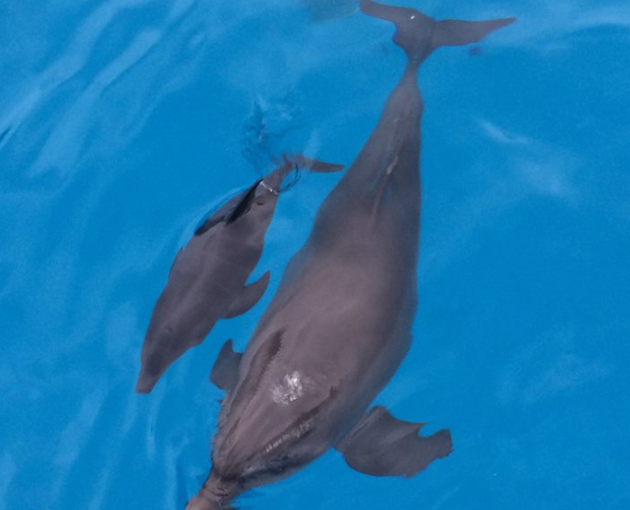
Dolphins are one of the most intelligent and socia…
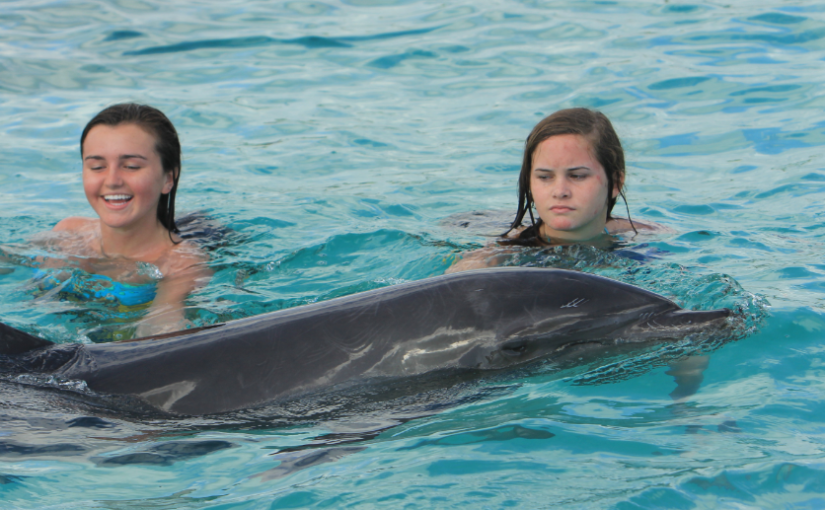
Easter Means Fun in Florida Easter in Florida is u…
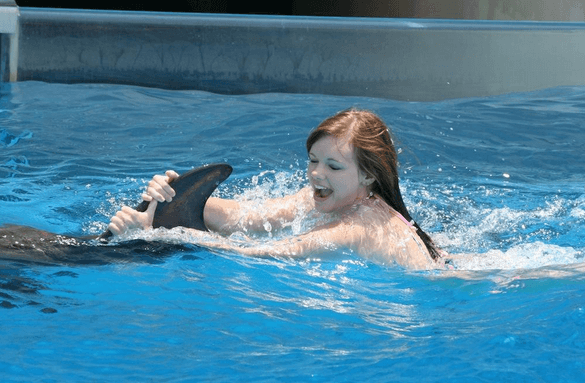
Destin Beach: A Coastal Paradise Destin Beach, loc…
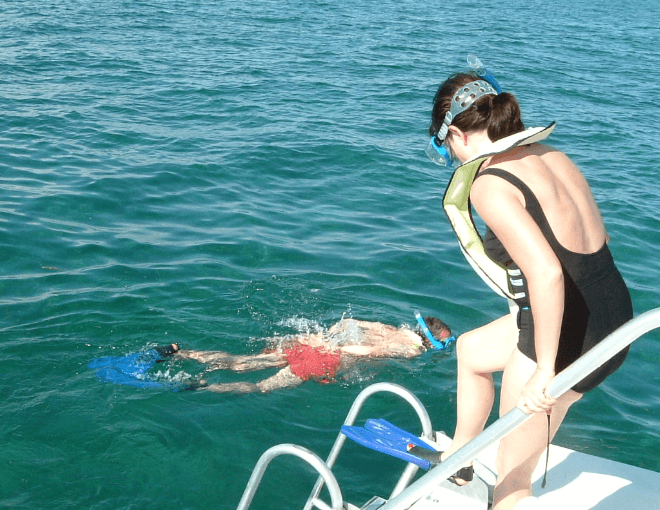
The Protected Coral Reef: An Underwater Paradise J…
